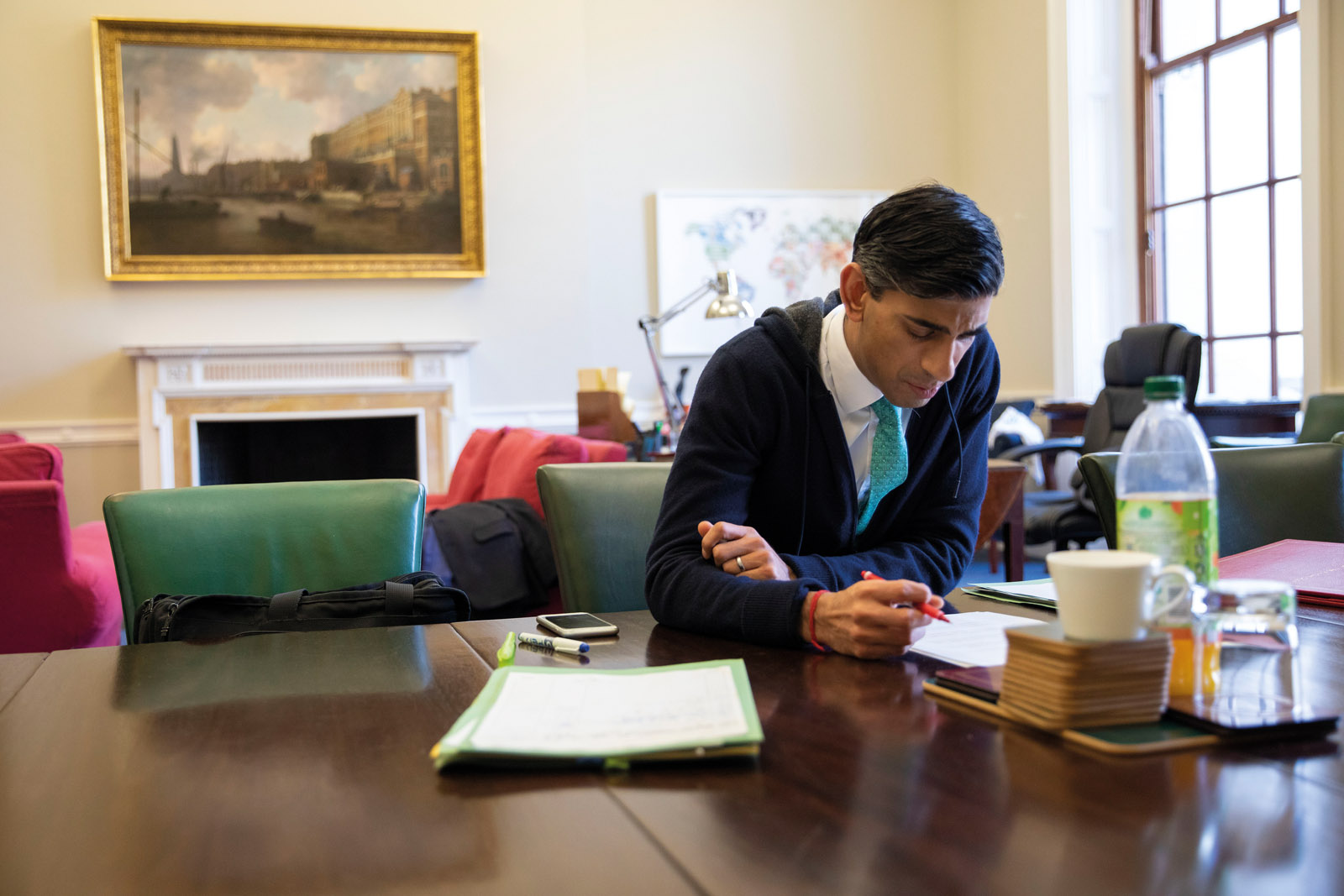‘Catastrophic’ impact for private practice
Failure to support self-employed may have devastating impact on dental service, Chancellor is warned
The British Dental Association (BDA) has warned means-testing of support for the self-employed during the COVID-19 epidemic will have a potentially catastrophic impact on large parts of the dental workforce, particularly those providing private care.
While support measures are being put in place for NHS contract holders, the vast majority of high street dentists operate ‘mixed’ practices. While practice owners may be able to benefit from some relief via support for businesses, the self-employed associate dentists working under them are likely to be hit hard.
Those operating exclusively on a private basis were, at least up to the end of last month, ineligible for any packages of support for lost income, beyond mortgage holidays and self-assessment deferrals for income tax. The BDA estimates spending on private sector dentistry has exceeded the total UK-wide NHS budget since 2012. It warned that an already threadbare NHS service would be incapable of meeting patient demand left by any fall in private capacity.
Dave Cottam, chair of the BDA’s General Dental Practice Committee, said: “Many self-employed dentists working in largely or exclusively private practice have seen their incomes fall to zero. Failure to offer them a safety net will not only hit highly skilled individuals but will have a devastating impact on the essential services they provide. When NHS dentistry is already stretched to breaking point, letting private practices go to the wall would be criminally irresponsible.” In the wake of the Chancellor’s announcement on 26 March of support for the self-employed, James Goldman, director of advisory services at the BDA, commented: “The BDA is devastated and angry that the help from announced by Rishi Sunak will not be provided to self-employed people who earn more than £50,000. We have written to the Chancellor and will be campaigning in every way we can.”
In his letter to the Chancellor, Martin Woodrow, the BDA’s chief executive, says: “When you told the self-employed that, as a group, they ‘have not been forgotten’, I am afraid that you were overlooking the majority of associate dentists who, while being self-employed and earning over £50,000 per year, are by no means in the realm of the super-rich. The average earnings of an associate dentist today are £69,000, significantly less than an MP for example.
“We know from earlier announcements that those working in NHS dentistry across the UK can expect some income protection – which we welcome – however the reality of dentistry in the UK today is that there is a mix of NHS and private provision. Indeed, the private sector is bigger than the NHS in terms of expenditure, and the money earned from private care subsidises NHS provision in many practices. The impact on the oral health of the nation would be catastrophic if private practice were to disappear. That has to be a real possibility if no support is offered through this health and financial crisis.”

Comments are closed here.